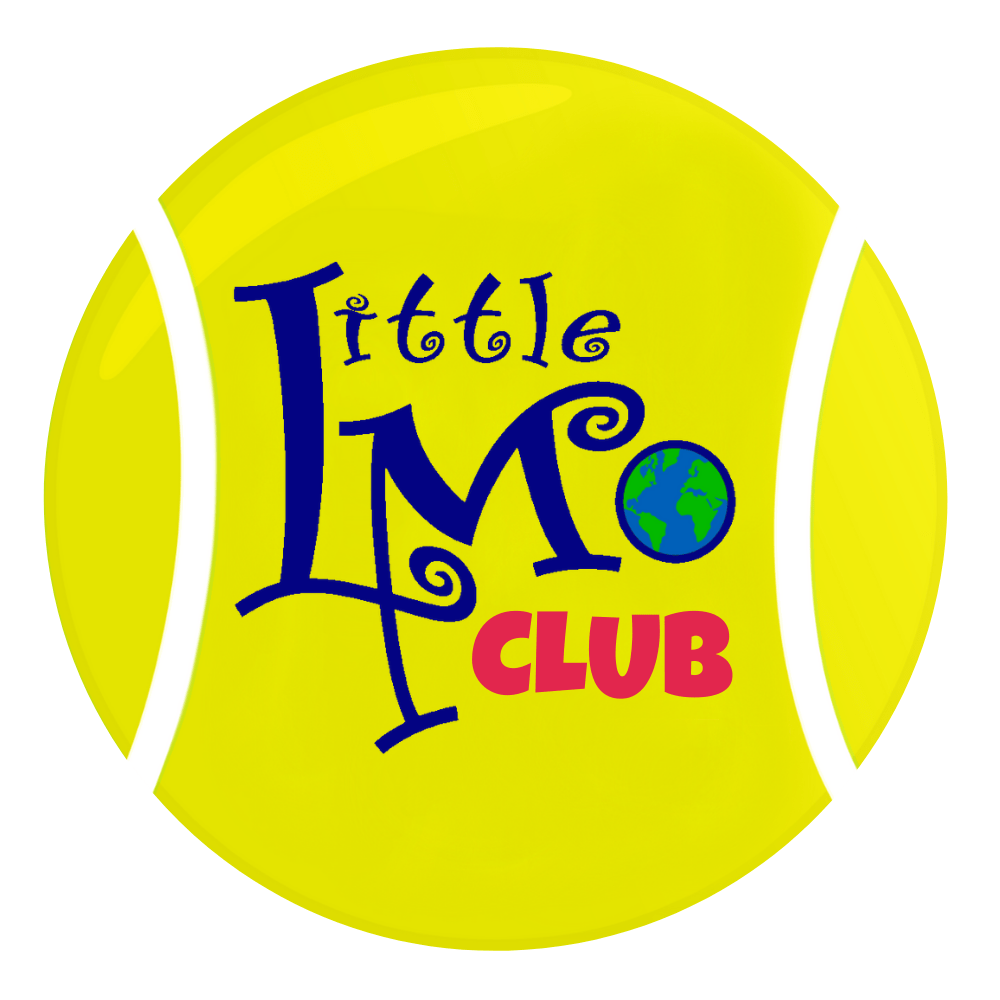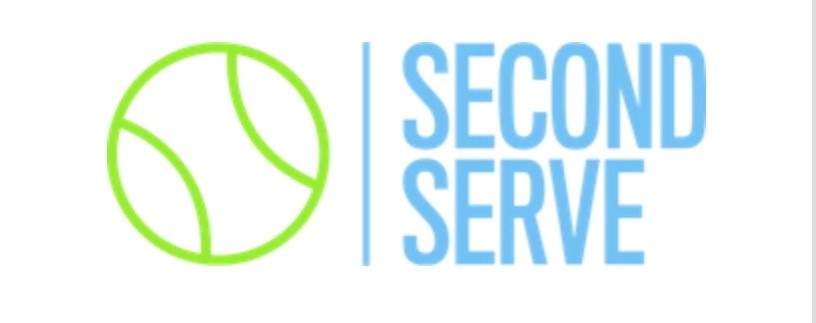The Superpower of Compassion
Today marks the 7th anniversary of my first post here at parentingaces.com. It’s cause for celebration – sure! – but also cause for reflection.
One of my goals when starting this project was to help other Tennis Parents as we all traveled through the Junior Tennis Journey. At the time, I found very little support and assistance from those parents who had come before me and even less from those on the path alongside me. ParentingAces was going to be a helpful resource, not only for myself but for others struggling with the Journey as I was. My hope was to create a website where I could share my experience so that others could learn from it but also engage in online dialogue leading us all to a better experience.
By and large, it’s worked really well. Over the past 7 years, there have been countless articles that spurred comments and discussion, many times leading to some significant improvements in our sport. What began as a self-help site created for selfish reasons has evolved into a place to encourage advocacy and be an instrument for change. Thankfully, I’ve found the ParentingAces Community to be one of support and encouragement . . . most of the time.
However, there are still those [rare] occasions where I’m faced with stories that make me cringe. Stories where one Tennis Parent is “attacked” by another, either literally or figuratively. And usually it’s due to a misunderstanding – or unwillingness to understand – what is driving the behavior.
For example, there is the recent case of a father being ostracized for carrying his daughter’s tennis bag and other gear onto the match court. Of course, we know the importance of teaching our young players to be responsible for their equipment and for allowing them to be in control of it when going to practice or compete. What we may not know or understand is the WHY behind this particular father’s actions.
As it turns out, this father came from a traditional background where men and women had very specific roles based on their gender. The concept of “gentleman” was drilled into him from a very young age. However, his experience of watching his daughter interact with both her male and female peers illustrated many cases of females being disrespected or mistreated by males. In his mind, it was important to demonstrate to his young daughter how a female should be treated: with respect and dignity. So, he always carries his daughter’s tennis gear for her. In his case, this father isn’t trying to take power away from his daughter but rather to teach her a lesson that is important to him and his family.
Another example is the dad who clapped after every point of his son’s match. This father grew up playing basketball, a sport where the onlookers are constantly clapping and cheering, whether for a good shot by THEIR team or a bad miss by the opposing one. By clapping after each point in his child’s match, he was just doing what he always did at sporting events. He didn’t intend to be rude though that’s certainly how his actions were interpreted by others nearby.
Finally, there’s the dad who walked onto the court after his child’s match to high-five and congratulate both players. He came from a soccer background where players on both teams line up and high-five each other after each game. I’m sure you can imagine how this dad’s behavior was interpreted by onlookers.
In keeping with one of the core missions of ParentingAces, my point in sharing these stories with you is to encourage you to tap into the Superpower that we all possess: Compassion.
It’s not always easy to stop, take a breath, and think, “What is the backstory here? Why is this person behaving in a way that seems so strange or offensive on its surface?” However, when we do employ compassion, it often leads to really positive interactions and experiences.
What if, instead of negatively judging another parent who is clapping or cheering “inappropriately” at a tournament, we sat down beside her and gently explained Tennis Etiquette? What if, instead of assuming the worst about another parent’s intentions when we see him carrying his daughter’s gear, we introduced ourselves and asked open-ended questions to get to know him better? What if, instead of calling another parent offensive names to our friends, we took the time to understand his background then share our knowledge to help him in his role as a fellow Tennis Parent?
Compassion. It’s a strong word, one that conjures up big feelings in many of us. And one that most of us learn at a very young age as part of our spiritual or religious training, the whole “do unto others” thing. But how many of us practice it in our daily lives? And how much more enjoyable would our Tennis Journey be if we approached each other with compassion instead of confrontation?
We Tennis Parents can be the Change Agents for our sport. We are the consumers. We are the ones driving participation and spending. And we need to continue to do so in order for the sport to grow and thrive.
Doing so with compassion, though . . . that’s the real challenge I put out to you today as ParentingAces begins its 8th year. Which brings me to an awkward topic: finances.
A few years ago, I decided to add a link to the website where visitors can make a PayPal donation to help support the site and offset some of my travel costs. Several of you have made donations for which I am eternally grateful – thank you! Others of you may assume that I have sponsors paying for the website, podcast, and my trips to tournaments and conferences. I’m here to tell you that the only on-going sponsor is my generous husband who is content sitting behind his desk practicing law while I watch and write about tennis! If you find the content on our website, podcast, Facebook, Twitter, and/or Instagram informative and helpful, please consider making a donation to help me sustain it for another year. No donation is too small (or too large)!
Back to our Superpower . . . as 2018 comes to an end, can we all make a resolution to interact with our fellow Tennis Parents, Coaches, Players, and Officials with compassion? I know it’s something I have to work on, and I’m hoping you’ll join me in a renewed commitment to the Golden Rule. Tennis Parents have the power to effect positive change. If we do it with compassion, think how much better our sport can be.












